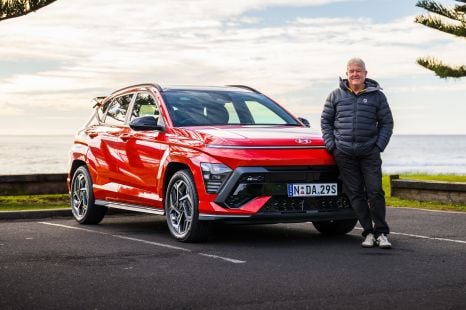

Anthony Crawford
Hyundai Kona N Line: Redefining small SUVs
3 Months Ago

News Editor
BYD’s Seal has come ashore, with a right-hand drive version of the Tesla Model 3 rival spied testing in Australia ahead of its launch this year.
The 2023 BYD Seal was snapped by a member of the BYD EV Owners Australia Facebook group in New South Wales.
The electric sedan appears to be finished in a greyish blue, though much of it is wrapped in camouflage. A closer look reveals it rides on Continental SportContact 235/45R19 tyres.
Luke Todd, CEO and managing director of BYD distributor EVDirect, confirmed to CarExpert in December that the BYD Seal will launch in Australia in the second half of 2023.
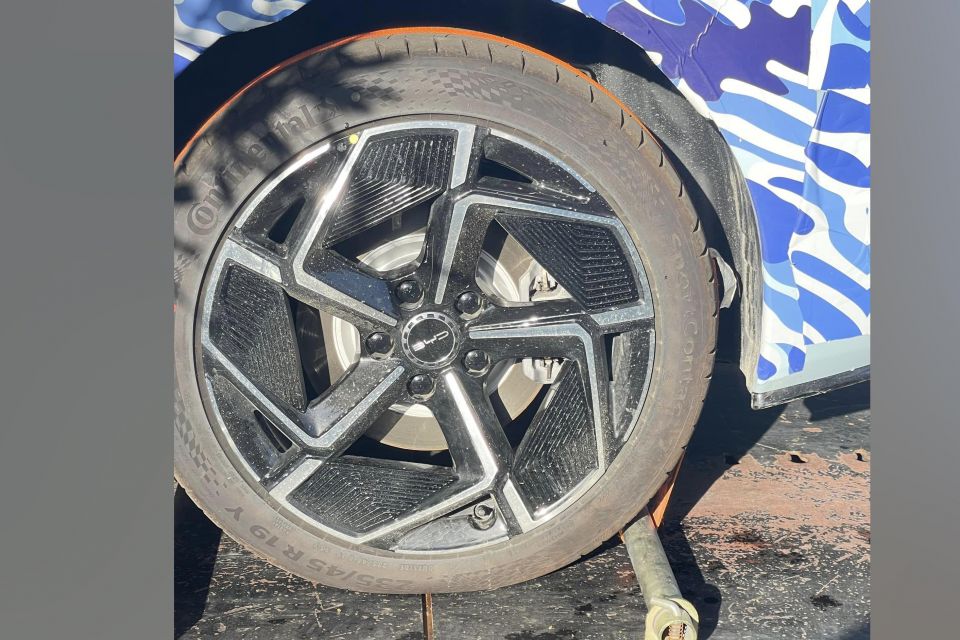
The exact date for when orders for the Seal open will be announced in February, according to Mr Todd.
The BYD Seal had previously been mooted for a late 2022 or early 2023 launch.
Few Australian details about the BYD Seal are confirmed thus far, but it will likely have a different name locally, according to Mr Todd, as Seal is what it’s called in the Chinese market.
The Atto 3, for example, is known as the Yuan Plus in China.
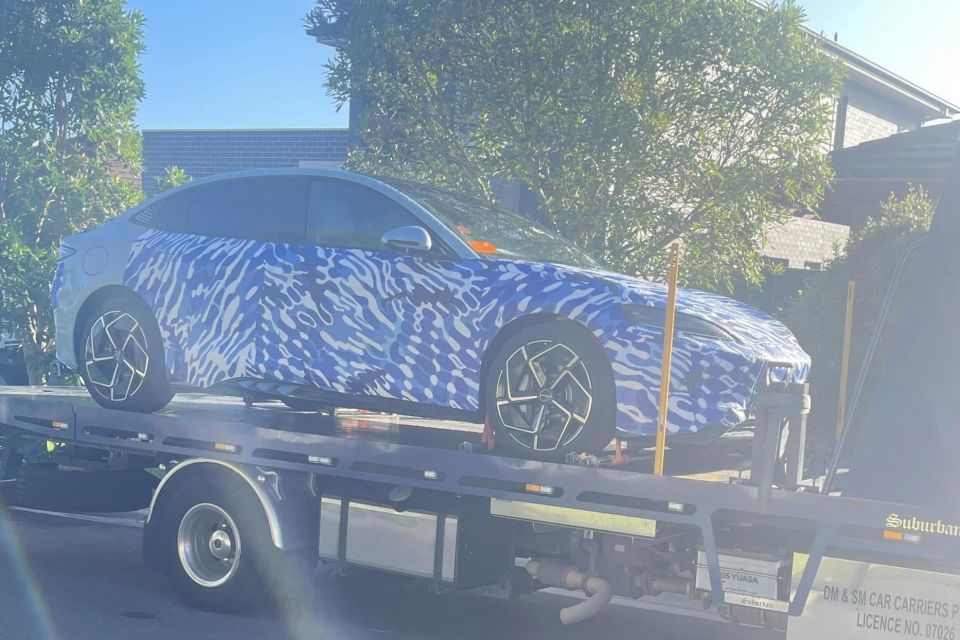
The Atto 4 name has been previously speculated, but no name for the Australian market has been announced yet.
The BYD Seal will slot above both the on-sale Atto 3 SUV and forthcoming Dolphin hatchback (due in the first half of 2023) in the local line-up.
It’ll be priced above the Atto 3, according to Mr Todd, which currently caps out at $51,011 before on-road costs for the Extended Range model.
It’s expected the Seal will be priced similarly to the Tesla Model 3, which currently starts at $63,900 before on-roads for the rear-wheel drive model and extends to $89,900 before on-roads for the dual-motor Performance.
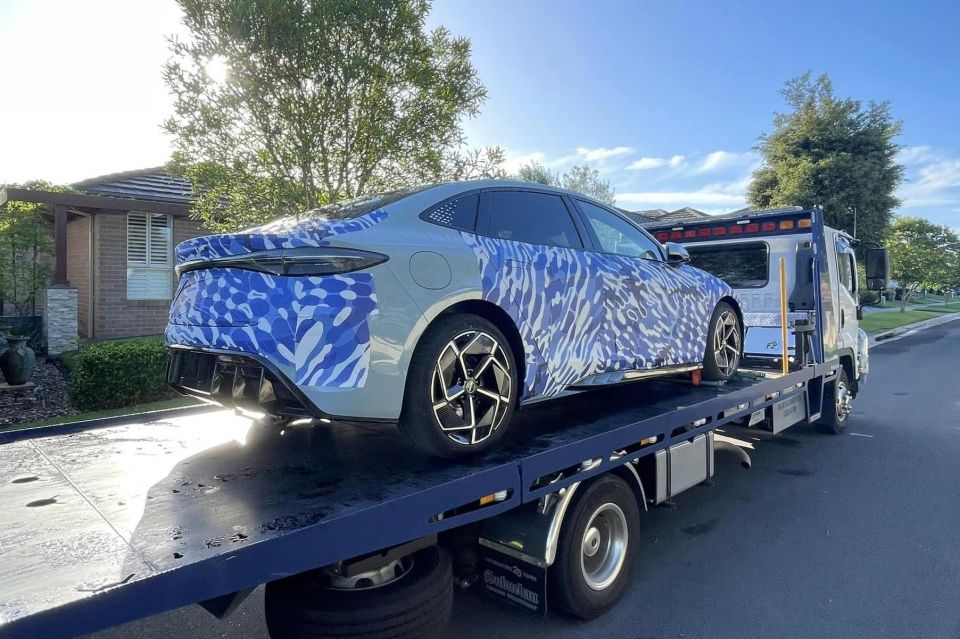
The Chinese-market Seal range opens with a single-motor rear-wheel drive powertrain, producing 150kW of power and 310Nm of torque and boasting a 0-100km/h time of 7.5 seconds.
This uses a 61.4kWh blade battery and has a claimed range of 550km, albeit on the lenient CLTC cycle.
A long-range single-motor version uses an 82.5kWh battery and a more powerful 230kW/360Nm rear-mounted electric motor, bumping range to 700km and slashing the 0-100km/h time to 5.9 seconds.
Finally, the dual-motor all-wheel drive version uses the long-range model’s battery and pairs a 230kW/360Nm rear permanent magnet synchronous motor with an asynchronous 160kW/310Nm front motor, for total outputs of 390kW and 670Nm.
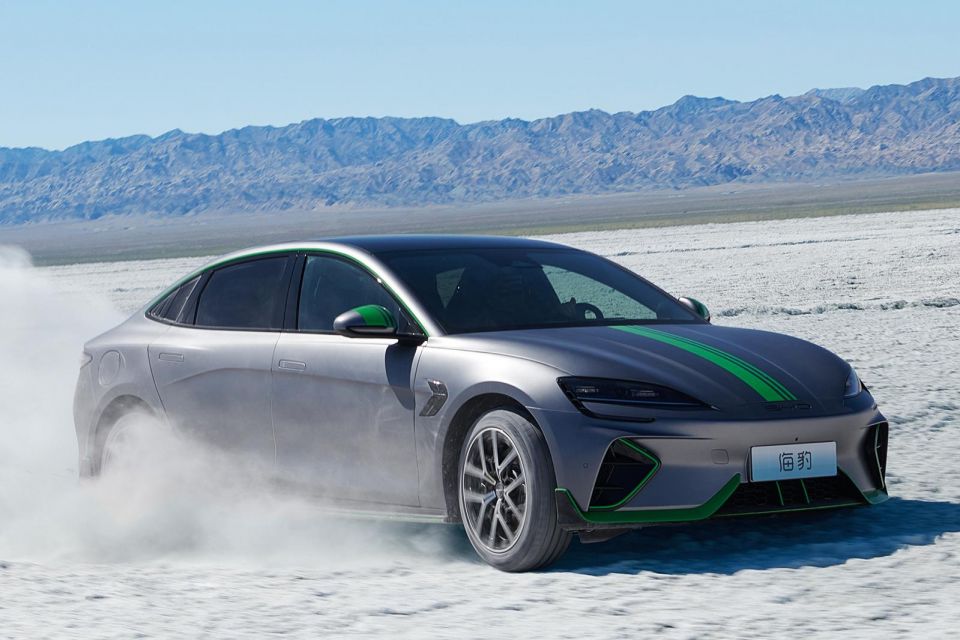
It has a claimed range of 650km and a 0-100km/h time of 3.8 seconds.
The dual-motor version also features frequency variable damping shock absorbers.
Models with the 61.4kWh battery can be charged at up to 110kW on a DC fast charger, while those with the 82.5kWh battery can be charged at up to 150kW.
All models support 7kW AC charging and feature a heat pump.
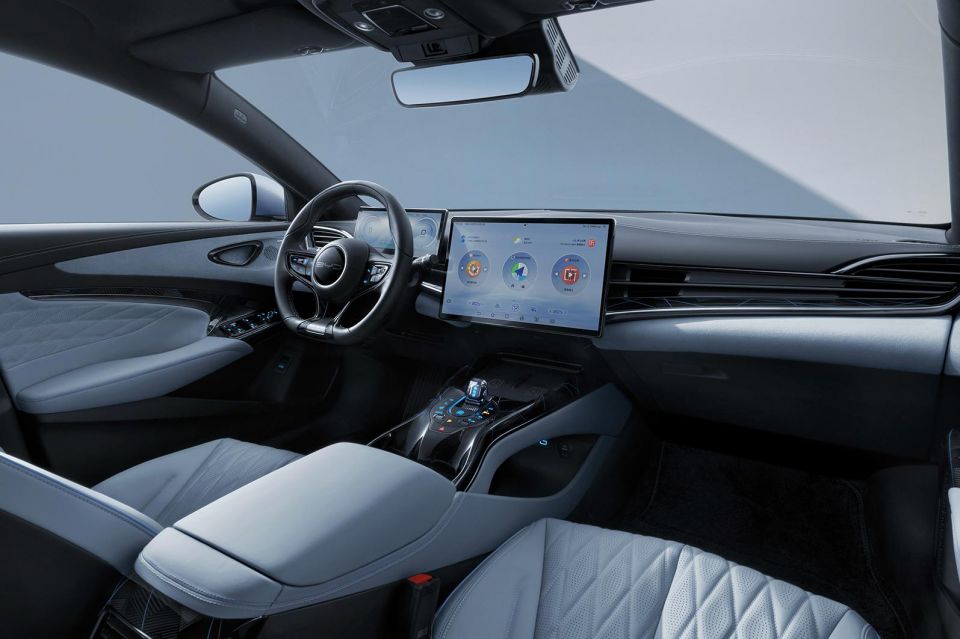
Standard on all Chinese-market Seals are adaptive cruise control with stop/go, autonomous emergency braking, adaptive cruise control, Traffic Jam Assist, blind-spot monitoring, rear cross-traffic assist, safe exit warning and LED headlights with automatic high-beam.
All models also feature a panoramic glass roof and keyless entry and start, while inside there’s a rotating 15.6-inch touchscreen infotainment system, 10.25-inch digital instrument cluster, dual wireless charging pads, eight-way power driver’s seat and six-way power passenger seat.
Available features include a head-up display, power boot lid, heated and ventilated front seats, and a 12-speaker Dynaudio sound system.

The Seal measures 4800mm long, 1875mm wide and 1460mm tall on a 2920mm wheelbase. That’s 106mm longer, 58mm narrower and 17mm taller than a Tesla Model 3 on a 45mm longer wheelbase.
It features a double-wishbone front and five-link independent rear suspension.
Following the launch of the BYD Seal, Mr Todd recently announced it will launch an electric ute in 2024, which will serve as a competitor to the LDV eT60, plus the JAC T9 EV and (potentially) Geely’s Radar RD6.
‘New energy vehicle’ brand BYD is currently expanding at a rapid pace, rolling out its EVs in Europe, Japan, and Australia – where its Atto 3 small SUV is selling in strong numbers after a few launch speed bumps.
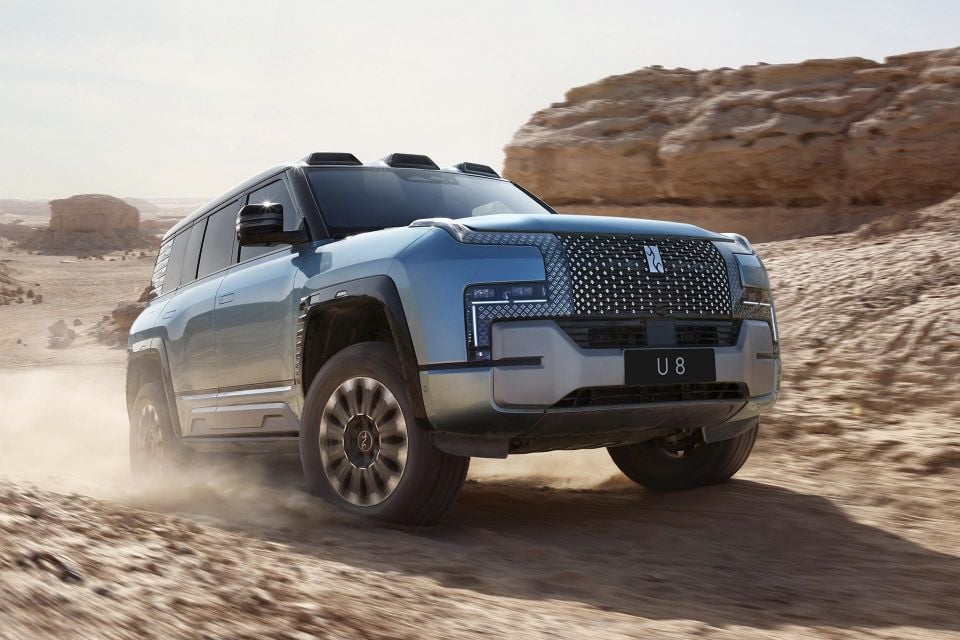
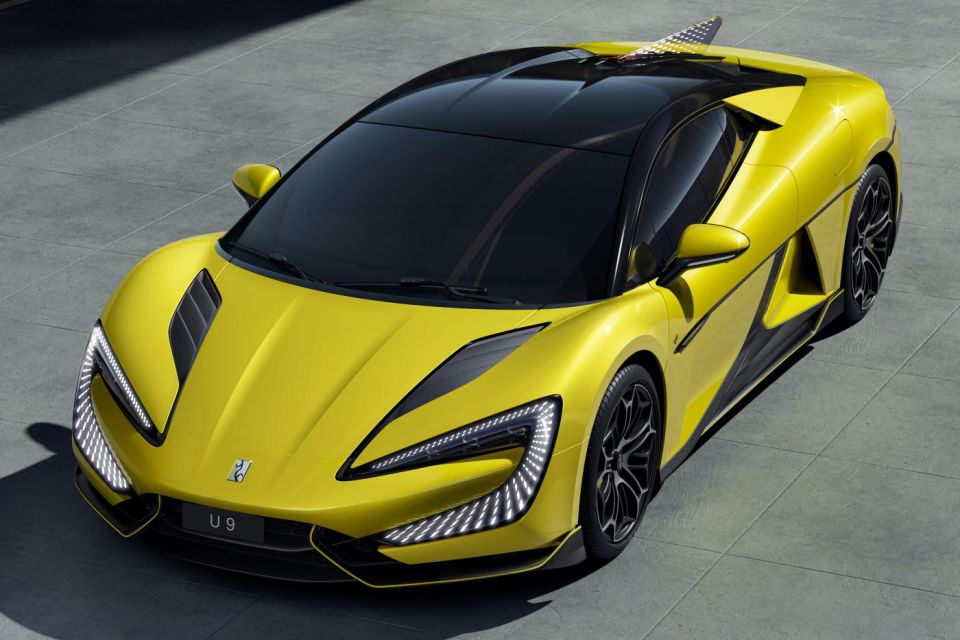
BYD Auto wants to create a “powerful brand matrix” comprising BYD-branded cars, premium spinoff Denza, and a luxury SUV-focused brand called Yangwang.
BYD recently revealed a Mercedes-Benz EQG-rivalling electric SUV, the U8, which will fall under the Yangwang brand, but Mr Todd said there are no plans to bring it to Australia in the immediate future. The Yangwang brand will also debut with the U9 electric supercar.
The Chinese carmaker also plans to launch “another new brand” which will specialise in “professional and personalised identities, covering family cars and luxury cars”.
“The brand will harness the co-creation with users and warmly welcome all the franchised dealerships to join BYD for its promotion,” it added, suggesting the cars with higher degrees of personalisation.
MORE: Everything BYD Seal
Where expert car reviews meet expert car buying – CarExpert gives you trusted advice, personalised service and real savings on your next new car.
William Stopford is an automotive journalist based in Brisbane, Australia. William is a Business/Journalism graduate from the Queensland University of Technology who loves to travel, briefly lived in the US, and has a particular interest in the American car industry.


Anthony Crawford
3 Months Ago
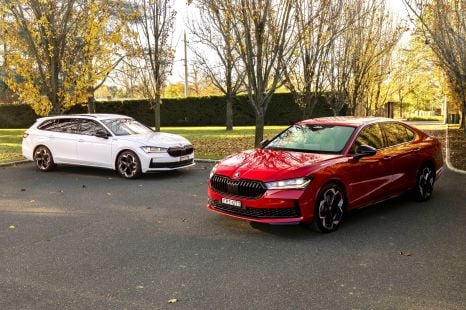

Max Davies
3 Months Ago
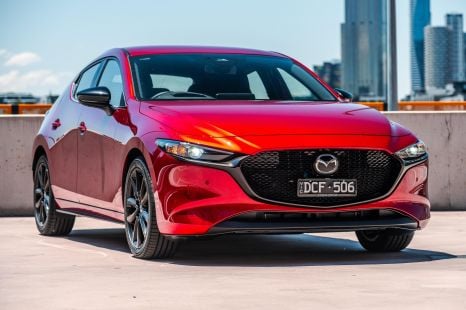

Josh Nevett
2 Months Ago
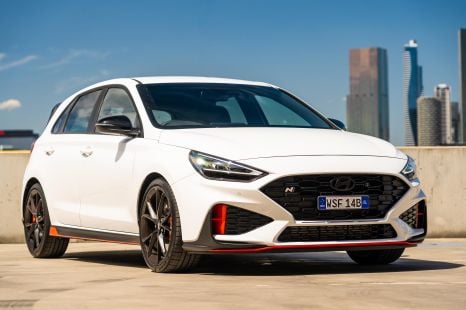

Josh Nevett
2 Months Ago
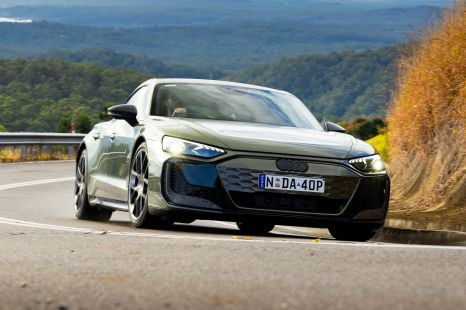

James Wong
2 Months Ago
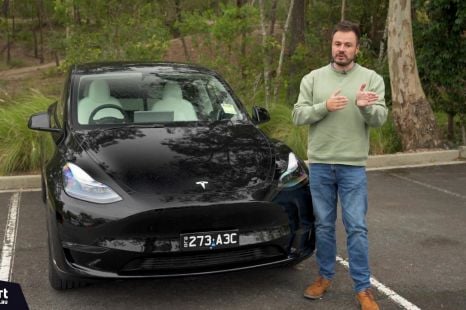

Paul Maric
11 Days Ago